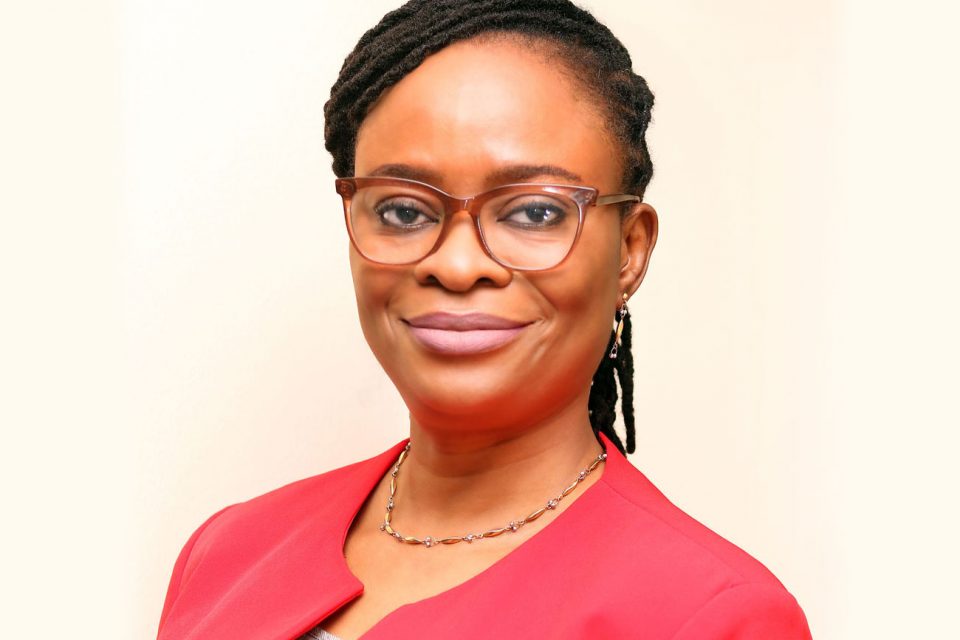Alan Jope said he never had his heart set on becoming CEO but believes the skills he learnt as a marketer have set him up perfectly for general management. But going forward he thinks marketers will need to switch from being generalists to specialists.
Becoming CEO of one of the world’s largest organisations is what many people in business dream of. But that was never the plan for Alan Jope, who despite taking on the top job at Unilever the beginning of the year, said he never had his heart set on the role.
“It was never my ambition to become CEO of Unilever,” he told Marketing Week. “In fact, all throughout my career, upward mobility has never been a driving force for me at all.”
But while relentlessly climbing the career ladder might not have been Jope’s ultimate goal, he has certainly made a lot of headway since starting at the FMCG giant as a graduate marketing trainee more than three decades ago.
A marketer through and through, he claims he still hasn’t made the full transition from marketer to general manager. “I’m just as much a marketer as a general manager, I just get less opportunity to put my hands directly on the work,” he said, speaking on an exclusive roundtable at Cannes Lions.
While he may not be ready to relinquish his grip on marketing just yet, he is clear it’s his experience in the field that has given him the grounding he needs to run the business. He believes having a razor-sharp focus on people means marketers are perfectly placed to become general managers.
“If you’re not curious about the world around you, you’ve no business running a business,” he stated. “That’s not to say we don’t have wonderful finance people and sales people who become outstanding general managers. But the one thing they will share with their marketing colleagues is curiosity about the world – about customers, people, shoppers, consumers.”
Previous CEO Paul Polman came from a finance background, for example, and while marketing was important to him, he obviously approached it from a different perspective.
The skills gained as a marketer and managing a brand are much the same as those needed to lead a business, he added, but suggested anyone making the transition will need to tweak their management style.
“As you progress in leadership and suddenly find yourself leading a group of thousands of people, rather than a few tens or a hundred people, you have to slightly change your leadership style. Your communication has to become very consistent, very simple and very clear because if you’re always nuancing things, all you do is confuse everyone,” he said.
“In exactly the same way brands need to be consistent, leaders of large organisations need to be consistent. The communication skills you learn in marketing can be quite useful when you find yourself leading very large groups of people and it can’t be done on a one-to-one basis, because it’s physiologically impossible.”
Given his marketing experience, it could put added pressure on Unilever’s marketers to perform. But Jope believes marketers “relish the prospect of marketing being right at the centre of what Unilever does” and the teams “love the fact the CEO is interested”.
He said it’s also incumbent on him to make sure he is up to speed with all other aspects of the business. “It puts added pressure on me to ensure I’ve got a good enough understanding of the supply chain and sales, and the people agenda,” he said.
Shift from generalists to specialists
Jope has talked previously of the need to “unlearn a century old model of marketing” and learn a new way of doing marketing where purpose, content, data and digital take centre stage. But he also believes marketers of the future will shift from being generalists to specialists.
“We used to have group product managers, marketing managers, brand managers, assistant brand managers, associate brand managers – all of which were generalists,” he said.
“Nowadays we will increasingly specialise in business management experts, communications experts and innovation experts. Then within communications expertise you will have audience segmentation analysts, pure data analysts, programmatic media people, so there will be even further specialisations within the communications space.”
However, he said it would be the roles that are specialised rather than the people.
“In other words, I hope our marketers will move around the business throughout their career to prepare them for the bigger jobs where you have to put all of that together.”
Unilever has yet to confirm who will be taking over the top marketing job following the departure of former chief marketing and communications officer Keith Weed, as the business has been refining the role and what it means to the business.
“It won’t be an identical role – we’ll chop off 20% and add 20%. It will still be chief marketing officer at the core and then we’ll bolt on a few different things,” he said, describing it as a “CMO++”.
Unilever has been interviewing both internal and external candidates for the position and said a decision “is not far away”.
Source: Marketing Week






Comment
No comments found.